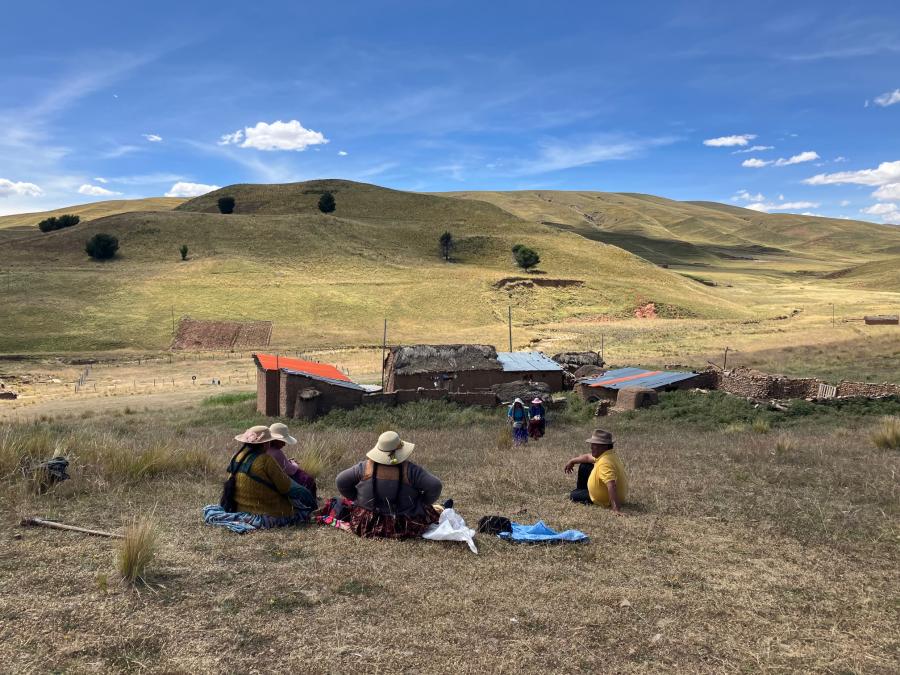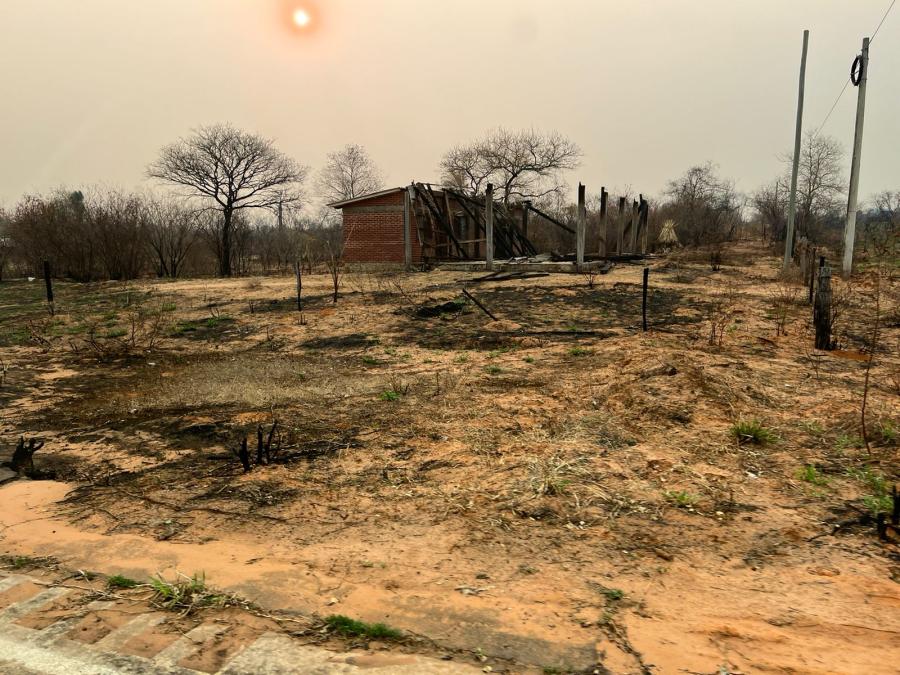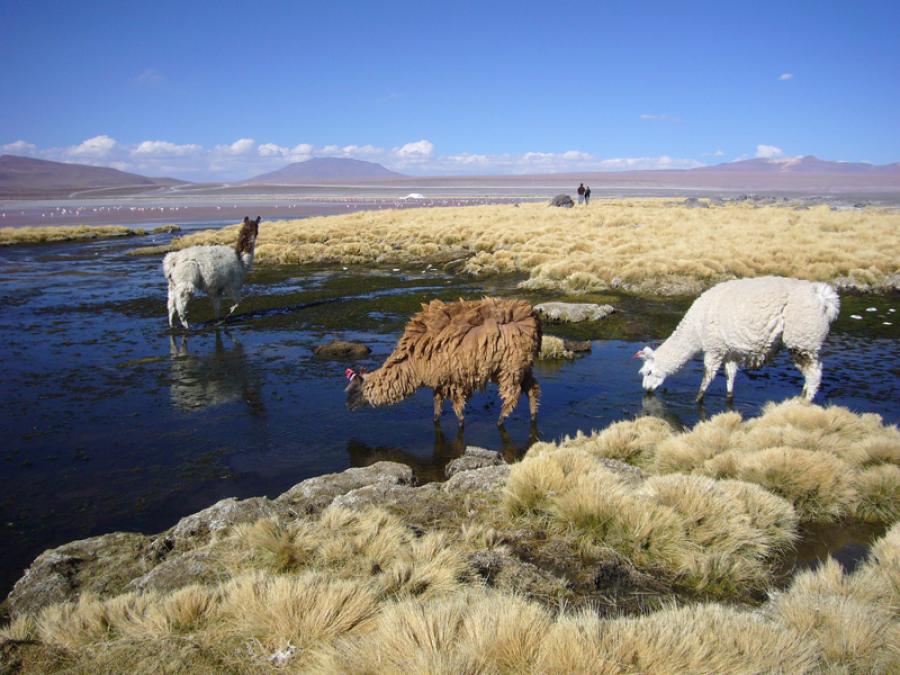The naming of peoples is an act of power. Nearly five hundred years after Christopher Columbus designated all of the native inhabitants of the Americas as indios ("Indians"), the rallying cry of indigenous (and other) people of Spanish-speaking "Latin" America rang forth: "After 500 years of domination, auto-determination in 1992!" The call came from diverse peoples in sovereign nation-states, most of which had recently emerged from military dictatorships to enjoy elected, democratic governments. Moreover, these governments were officially setting up to celebrate an ideological posture of a rejuvenated Iberian-Latin American unity in 1992. The polarity between the call for auto-determination by indigenous (and other) peoples, and the renewed emblematic unity of a history of conquest, provided the raison d'être for a conference held In Washington, D.C. in December, 1993, resulting in this publication.
"Indigenous" is an adjective meaning "originating in or characterizing a region or country." In this title it is appropriately used to modify "people." In Chapter 1 Van Cott explains these terms and their significance for human societies within nation-states: "...only `peoples' have the right to self-determination, while ethnic groups may merely enjoy minority rights". She refers to legal rights defined by prominent international agencies, including the United Nations. In most chapters, however, the concept "peoples" succumbs to "Indians," thereby homogenizing and essentializing as a unified category the highly diverse indigenous peoples of the continent.
In Chapter 3, Xavier Albó demonstrates how relationships between naming and political power are created and maintained in systems of contested power as concepts of "original people" and "original nations" emerged in indigenous organizations at grass roots and international levels. He also shows how, in the 1993 national elections, Victor Hugo Cárdenas, an Aymara indigenous person emerged as the Vice President of Bolivia. Richard N. Adams on Guatemala and Carlos Frederico Marés de Souza, Jr. on Brazil give excellent accounts of the danger of being classed as "Indian" in these two nation-states.
This volume demonstrates effectively how democratic governments are challenged to extend rights to peoples who have long been oppressed by various sovereign systems of power. These rights must include land, education, and language, all of which contribute to a people's sense of "auto-determination". Here and there - such as in Melina H. Selverston's chapter on Ecuador - there are serious inaccuracies, which perhaps can be winnowed out in a subsequent edition.
This work achieves its goal of sensitizing readers to the expanding paradox wherein democratic governments see "ethnic conflict" as divisive when people clamor for their side of democracy. Planners and policy makers should study this book with care, and try to think of real peoples within nation-states, rather than those named by Colón to persuade Iberians that he was but a sail away from the fabulous wealth of Asia. Article copyright Cultural Survival, Inc.



